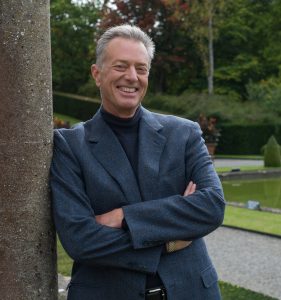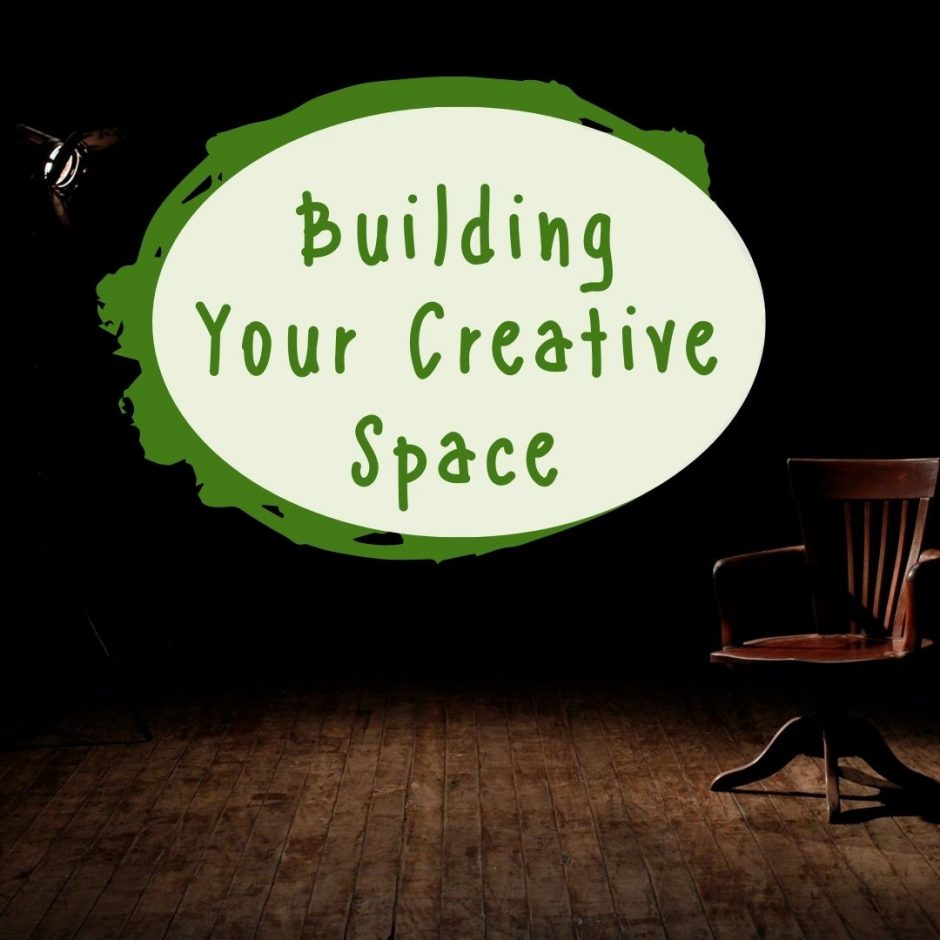“You have to play a long time to be able to play like yourself.”
Miles Davis
A dear friend in France, a gastric surgeon, is the son and grandson and great-grandson of taxi drivers. Being French, the fact that his ancestors were both uneducated and dirt poor did not reduce their passion for art. They also desired to be collectors, even though they could not afford the art they liked. But as so often happens in that amazing country, they found a way around their limitations.
Although my friend has become fairly well-off, he has never been bitten by the acquisative bug. The irony of his complete and utter disinterest in buying anything is also very French.
In his case, the reason for not wanting to buy more art is because he already has too much. He claims the burden of inheritance has scalded him so bad he has lost his taste to acquire anything. If his wife wants new furniture, new kitchen utensils, new clothes for the kids, new anything, she just goes and buys it. Because she also handles their household accounts, I am not certain he even notices.
To enter their home is to pass through a rambling black and white museum. Because his ancestors could not afford paintings, they bought sketches. Many of the artists whose work they loved were starving. As a result, these artists were often willing to sell their sketchbooks for pennies.
Their home has so many framed sketches, you can hardly tell what color the walls are. Hundreds and hundreds of sketches.
Degas. Van Gogh. Pissaro. Picasso. Renoir. On and on the names parade with the sketches.
My favorite wall leads to the daughters’ bedroom, and shows four different artists designing a method to draw life-like angelic beings. Forty-seven sketches in all.
Every time I visit them, I am struck anew by the difference between what I see on their walls and what I find in the museums. Impressionist art remains a personal favorite. One aspect that I find so remarkable is the, for lack of a better word, naturalness. The flow is smooth, easy. The emotional empathy is magnetic. The world they create on the canvas is so reflective of the time, the place, and the artist. As I said, natural.
Only it is not natural at all. The evidence is there on my friends’ walls.
DO THIS NOW:
- Stop viewing practice as unrewarded effort. If you’ve realized this already, give yourself a gold star.
- See your finished work as a final goal, not something you launch straight into. Understand that elements like finesse and depth and layering all require very intense preliminary effort.
- Step away from your current project. Determine a method of sketching. Use some medium that does not automatically translate into the project itself. For myself, this means writing out almost every scene of a new first draft by hand. Every scene. By hand.
- Understand the intent of a different medium for your sketches: You are therefore required to redraft everything when you shift to your actual project.
- Sketch out what you want to do tomorrow. If it requires several days to achieve this, put off tomorrow until the day after. This is important. No matter how strong the urge, don’t begin on the actual project’s next step until you have fully sketched.
- When this next stage of the project is completed, take a good hard look at the difference your sketching has made to the finished result.
- The most common fear about sketching is that it drains away the passion and emotional freedom you take into the project. It is important that you be honest about this. If you find yourself emotionally drained, if sketching feels like the voluntary application of creative shackles, then you must stop. But as I said, honesty here is vital. There is a huge difference between emotional constraints and the rigor of a disciplined approach.
- Remember this word. It is crucial. Balance.

Davis Bunn’s novels have sold in excess of eight million copies in twenty-four languages. He has appeared on numerous national bestseller lists, and his titles have been Main or Featured Selections with every major US book club. In 2011 his novel Lion of Babylon was named Best Book of the Year by Library Journal. The sequel, entitled Rare Earth, won Davis his fourth Christy Award for Excellence in Fiction in 2013. In 2014 Davis was granted the Lifetime Achievement award by the Christy board of judges. His recent title Trial Run has been named Best Book of The Year by Suspense Magazine. Lately he has appeared on the cover of Southern Writers Magazine and Publishers Weekly, and in the past three years his titles have earned him Best Book and Top Pick awards from Library Journal, Romantic Times, Publishers Weekly, Booklist, and Kirkus. His most recent series, Miramar Bay, have been acquired for world-wide condensation-books by Readers Digest. Currently Davis serves as Writer-In-Residence at Regent’s Park College, Oxford University. Until Covid struck, he was speaking around the world on aspects of creative writing.
Watch an excerpt from his new book The Cottage on Lighthouse Lane here.



 We love helping your growing in your writing career.
We love helping your growing in your writing career.

1 Comment
Incredible and beautiful—sketching and “smelling the ice.”
The reading. The questions. I am undone. Otherworldly.
Thank you.